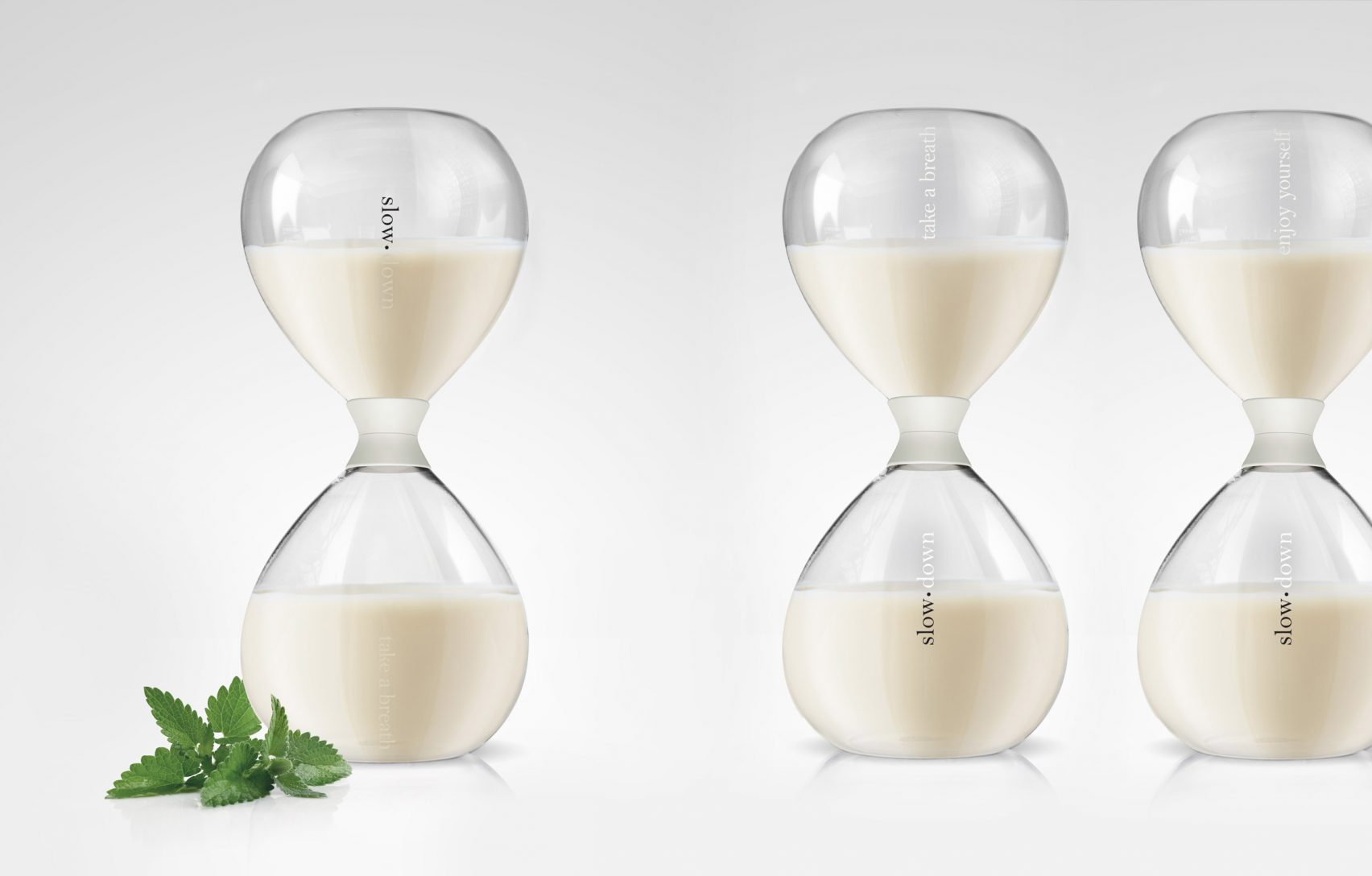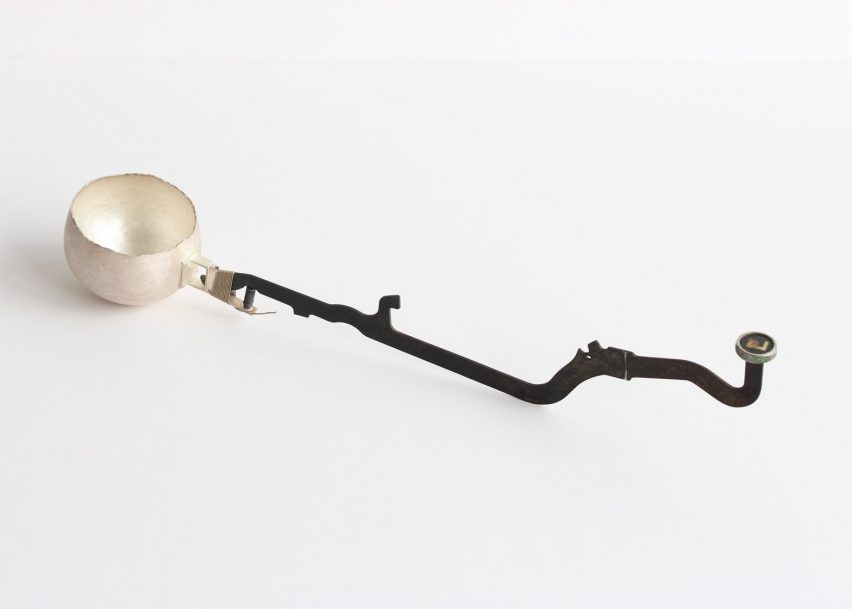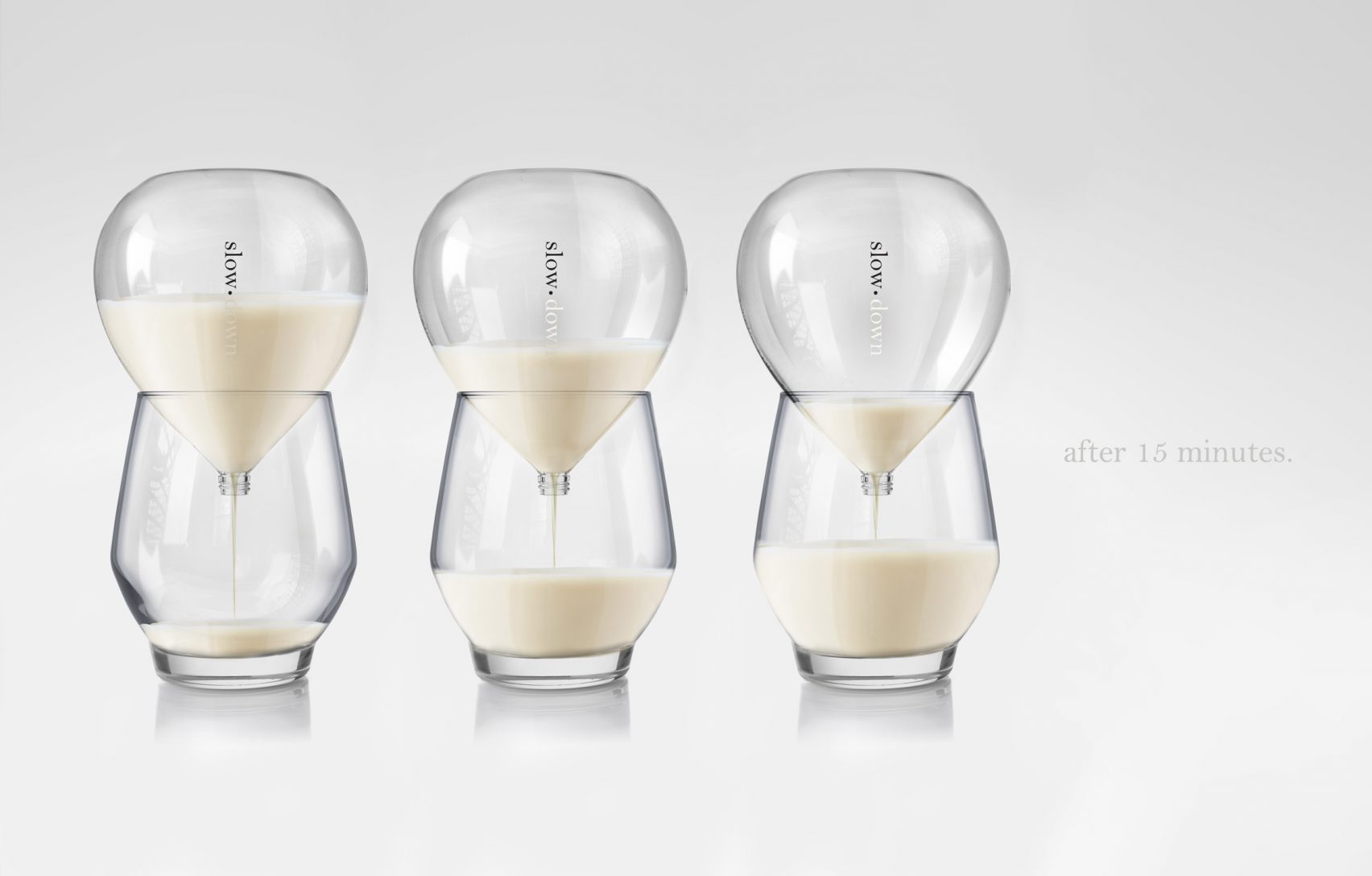CULTURAL SERVINGS:
EPHEMERAL ECHOES
EDWARDIAN PURSE
SCRIMSHAW AND LOVE TOKENS
PILCHARDS AND TROYL
BELTS
LEATHER TANNING
BEER TIME
BEER MATS
LUNCH BOX
SLOW MOVEMENT
SUMMER HEAT
NATURAL DYES
FRAKTUR ART
THE CRIES OF LONDON
SHAKER FURNITURE
BAUHAUS BRUTALISM
BAUHAUS INTERIOR
BAUHAUS SPIRIT
BAUHAUS HISTORY
ROMANTICISM AND REVIVAL
HISTORY OF THE MUSEUM
CABINETS OF CURIOSITY
SLOW MOVEMENT







ORIGINS
Slow Movement; the notion of taking life one step at a time and focusing on the process rather than the end product, is an ideology that has been around since the 1980s. Beginning with Slow Food, this movement came about as a reaction to a McDonald's restaurant opening in Italy in 1986. As a direct opposition to Fast Food, Slow Food emphasised the importance of putting care into ingredients, skill, and care thus creating an end product that is overall better. ‘Quality over quantity' is a phrase that describes the movement well. Slow Food gradually melted into other aspects of life, and thus, Slow Movement was born.
“It is a cultural revolution against the notion that faster is always better. The Slow philosophy is not about doing everything at a snail's pace. It's about seeking to do everything at the right speed. Savoring the hours and minutes rather than just counting them. Doing everything as well as possible, instead of as fast as possible. It's about quality over quantity in everything from work to food to parenting.’
-Honoré.
Slow movement covers a variety of categories, we have mentioned slow food of course, but slow living, slow fashion and slow learning, are also a major part of the movement, that encourages a more mindful way of life. As a brand, slow movement is one of our main ideologies in the promotion of a a well-rounded and ethical mode of production. Slow movement is eco-friendly, values human connection and craftsmanship, and in general promotes good values that modern day fashion brands should hold. It is easy to see how slow food bled into slow fashion. Awareness of ingredients became awareness or materials, Cooking skilIs became craftsmanship skills, and care became an awareness of ethics.
One thing we love about Slow Movement is that it can set the foundation for an entirely new way of life. You can start embracing this movement with your mundane, everyday tasks. Brushing your teeth for example, or chopping vegetables. When you focus on the smaller things in life you become more mindful of your surroundings, tasks cease to be jobs that must be ticked off a list, they become fun activities that exist in the moment, and you might even find yourself enjoying these small tasks that are often taken for granted.
In terms of manufacturing, we are very in favour of this notion because it stands in opposition to the current trends of fast-fashion and mass production. There is an emphasis on higher quality materials and craftsmanship, which encourages owning items with longer lifespans (instead of re-buying badly-made products), that are produced more ethically, using less resources which have a negative effect on the environment. The slow fashion ethos advocates against the current disposability of fashion.
It is a unified representation of all the ‘sustainable’, ‘eco’, ‘green’ and ‘ethical’ fashion movements, which is why we love it so! It is important to us as a brand that we do all we can for the environment and for society in this current climate.
In a world where mass-consumption is forced upon us, we feel like we need to constantly buy ‘new’ products, but these products are made cheaply in order to fit quotas and with affordability at the forefront, at the expense of workers, and lifespan of clothing. At the Backward Vendor, we hope to provide an alternative to this constant consumption. The making-process itself is meticulous, we put care into every stitch to make products that transcend trends, that are guaranteed to last, and that are made with our planet in mind.
SLOW EATING
Amsterdam studio Steinbeisser comissioned designers to create a range of purposefully absurd cutlery. This set was designed to be deliberately difficult to use and thus slow down the eating process. This adds importance to the process of eating and allows us to further enjoy this necessary time slot that we use to refuel. Our latest range ‘The Gap’ is inspired by the way that lunch acts as a marker between the morning and the afternoon, so we love the way that Steinbeisser added importance to this ritualistic activity. Especially because there are so many inventions that are trying to speed up the eating process rather than slow it down.
Design studio Opus B have invented an ‘anti-energy drink’ which is designed to again slow down the eating process and give consumers a chance to take a moment and stop. Shaped like an hourglass, the bottle’s small neck means that it takes a great deal of time (15 minutes!) To pour the drink, so consumers can take a moment for themselves whilst the process goes on.
HOW TO FOLLOW SLOW FASHION
Boycott ‘fast-fashion’ brands which do not promote ethically sound production methods. Support small businesses, especially ones that source products locally and are transparent in their production processes. Buy eco-fabrics and recycled clothing, trying to avoid new denim (especially distressed denim) as its carbon foootprint is enormous. Avoid following trends and purchase garments whose styles transcend these. The main motto to follow is quality over quantity. We think that it’s certainly valuable to spend a little more on items that will last longer. This also saves you having to rebuy clothing, so you will save money in the long run.
If an item is made quickly, more often than not, it will deteriorate quickly. If it is made slowly, with love and care, with carefully chosen, higher quality materials, greater planning and an awareness of ethics, then it is more likely to last, and you can feel good wearing it and knowing that it comes from a place with good intentions!
REFERENCES
https://www.dezeen.com/2016/08/14/absurd-jouw-cutlery-experimental-gastronomy-food-event-steinbeisser/
https://www.dezeen.com/2017/05/22/opus-b-hourglass-packaging-anti-energy-drink-slow-design-products/